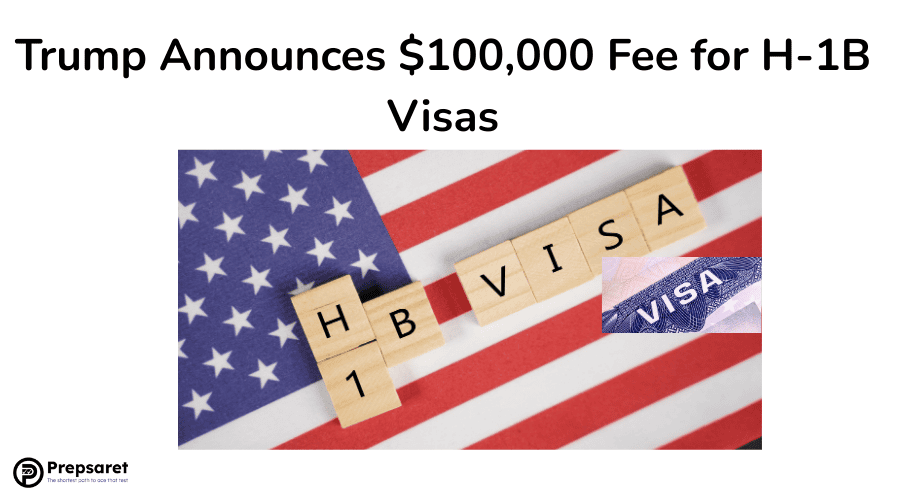Key Points
- The Trump administration plans a $100,000 fee for new H-1B visas, affecting U.S. tech companies that hire skilled foreign workers.
- The policy has sparked strong criticism from executives, investors, and analysts, citing higher costs, reduced innovation, and potential offshoring.
- Some executives, including leaders at IBM and Netflix, support the fee, arguing it focuses on high-value positions.
- Experts warn the fee may lead to brain drain, reliance on AI, and staffing challenges in the U.S.
Trump’s H-1B Visa Fee Sparks Industry Backlash
The Trump administration has introduced a $100,000 fee for new H-1B visas, widely used by U.S. technology firms to hire skilled workers from countries such as India and China. Industry leaders warn the policy could significantly increase costs and particularly harm startups.
Tech Industry Responds With Concern
Executives and investors criticized the sudden announcement and its confusing rollout. Some travelers changed plans, and companies advised employees to stay in the U.S. or return quickly. Esther Crawford, a former Twitter executive now at Meta, said, “High-skilled immigrants don’t take from us, they build with us.
Some of the best colleagues in my career have been H-1B holders chasing their own American dream.”
Analysts warn the fee could push innovation and research abroad. Colin Sebastian of Baird noted that while large firms may absorb the cost, smaller companies may struggle, possibly relocating operations to cities like Toronto, London, or Bangalore.
Berenberg analysts cautioned that expensive visas could drive a “brain drain” and reduce productivity.
Some Tech Leaders Support the Policy
Not all responses were critical. IBM Vice Chairman Gary Cohn called the policy a “good idea” for attracting high-value talent, while Netflix Chairman Reed Hastings said the higher fee would ensure visas are used for “very high value jobs.”
Possible Impact on U.S. Workforce
Experts predict the policy could increase offshoring, encourage use of AI to address talent gaps, and require companies to rethink hiring strategies.
Arthur Hogan III, chief market strategist at B. Riley, noted that U.S. graduates may not have all the skills needed, forcing companies to adjust salaries and recruitment.
The proposed visa fee reflects the administration’s broader immigration policies, raising questions about the long-term impact on U.S. technology, innovation, and global competitiveness.
Also in the News: Trump administration to prioritize ‘patriotic education’ in discretionary grants

